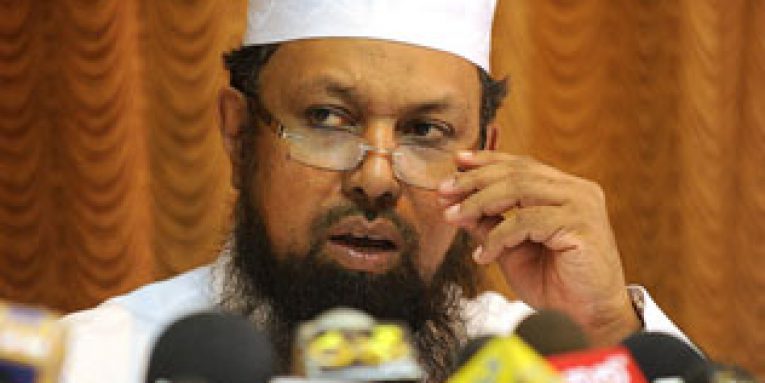The Center of Reproductive Rights is delighted to share an update on the General Comment on Redress for Torture that has just been adopted by the African Commission on Human and Peoples’ Rights.
The General Comment can be accessed here: http://www.achpr.org/files/ins
(A) The General Comment expressly requires states to take account of “the gendered nature of torture and other ill-treatment, including the particular effects of sexual and gender based violence, the aggravated impact of torture and other ill-treatment on children (Article 19);”
(B) It recognizes multiple (and non-exhaustive) grounds of discrimination including gender, health status, sexual orientation, gender identity, and economic status (Article 20).
(C) It calls for prompt access to redress for torture and notes that undue delays in ensuring redress constitute de facto denial of redress (Article 26).
(D) States are mandated to provide protection mechanisms in contexts where victims of torture depend on perpetrators for care such as in healthcare institutions, and to ensure privacy and confidentiality for them including in relation to information about their health (Article 30).
(E) It provides in Articles 57-58 that [a]cts of sexual and gender based violence, or the failure by States to prevent and respond to such acts, may amount to torture and other ill-treatment in violation of Article 5 of the African Charter. This General Comment specifically refers to those acts of sexual and gender based violence that amount to a form of torture and other ill-treatment in view of the specific, traumatic and gendered impact of sexual violence on victims, including the individual, the family and the collective. These include physical and psychological acts committed against victims without their consent or under coercive circumstances, such as rape (including so-called ‘corrective rape’), domestic violence, verbal attacks and humiliation, forced marriage, isolation, dowry-related violence, trafficking for sexual exploitation, enforced prostitution, indecent assault, denial of reproductive rights including forced or coerced pregnancy, abortion and sterilisation, forced nudity, mutilation of sexual organs, virginity tests, sexual slavery, sexual exploitation, sexual intimidation, abuse, assault or harassment, forced anal testing, or any form of sexual or gender based violence of comparable gravity.
(F) The General Comment provides extensive guidance on different forms of redress in Articles 33-49, including stating that “[l]imited resources shall not justify a State’s failure to fulfil its obligation to provide comprehensive reparation…. (Article 34).” It also provides detailed statements on accountability for sexual and gender based violence that amount to torture and ill-treatment (Articles 58-61).
(G) It addresses torture and ill-treatment in conflict settings extensively in Articles 62-62 and notes that “[t]hough complementary, where there is doubt as to whether international human rights law or international humanitarian law prevails, preference should be given to the category of law that offers the best protection for the right of victims (Article 64).”
(H) The General comments ends with provisions on transitional justice (Articles 66-71), non-state actors (Articles 72-75) and implementation (Articles 76-79).
Since 2015, the Africa program of the Center for Reproductive Rights has participated on a technical committee of experts that provides feedback to the Commission on a series of general comments on torture. During technical meetings in 2015 and 2016, we aimed to ensure that the general comment on redress would recognize the gendered dimensions of torture and the need to address reproductive rights violations that amount to torture, and we are pleased that the new general comment reflects this input in numerous ways.


